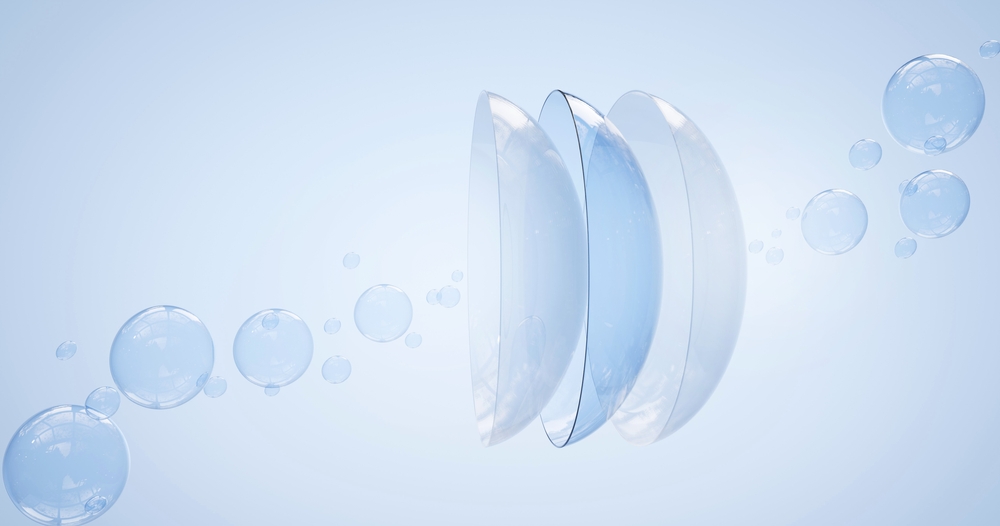
When an individual has vision impairment, treatment options are available. Myopia is the most common vision problem. But patients may have other ocular issues due to corneal abnormalities. Contact lenses can help to rectify vision and eye conditions. Scleral lenses can help to treat various vision and corneal problems.
Getting Scleral Lenses
These are large-diameter contacts that cover the entire cornea. It sits on the sclera, also called the white part of the eye. Doctors prescribe them for patients with eye conditions that regular lenses cannot treat. They can help children and adults, but their usage usually depends on certain circumstances. Your eye doctor can help you find out if you are a good candidate for scleral lenses.
Benefits of Scleral Lenses
There are several reasons eye specialists recommend scleral lenses. They can help to improve an individual’s quality of life. Benefits include:
Vision correction. They provide clear and comfortable vision for patients.
Visual acuity. They offer better visual acuity than traditional contacts.
Healing and comfort. The lenses protect the cornea after trauma or surgery.
Stability and comfort. They vault over the cornea, providing stability and comfort.
Improved confidence. Patients with poor vision often have poor self-confidence in social situations. Scleral lenses can help boost self-esteem and confidence.
Scleral Lenses for Corneal Issues
Situations where an individual may need scleral lenses include:
Irregular corneas. Individuals with irregular corneas can benefit from scleral lenses. Keratoconus is an eye condition typified by a thin and bulging cornea. The customized lenses create a smooth optical surface, helping to improve vision.
Dry eye syndrome. Patients with severe dry eye can benefit from scleral lenses. Doctors can also prescribe lenses for ocular surface disorders. A fluid reservoir between the lens and eye surface provides constant hydration and lubrication.
Corneal trauma. Corneal trauma from injury or surgery can cause eye surface scarring or irregularities. Scleral lenses can help to protect the cornea and improve visual acuity. Eye surgeons can prescribe the lenses to promote healing.
Eye diseases and conditions. Individuals with ocular surface disorders or conditions, such as corneal dystrophy or Stevens-Johnson syndrome, can get scleral lenses. The lenses can promote ocular surface health and improve vision.
Effectiveness of Scleral Lenses
Scleral lenses are safe and effective for patients, including children. A qualified eye doctor must prescribe the lenses. They need correct fitting to ensure effectiveness. The fitting process involved modification of the lens curvature to enhance comfort. Proper lens care and hygiene are essential to prevent infections or complications. Washing hands before handling, cleaning, and disinfecting the lenses is crucial.
Monitoring Eye Health
Regular comprehensive eye exams can help to monitor eye health while wearing scleral lenses. Scheduling follow-up appointments will ensure lens toleration and monitor comfort. The eyes may change over time, especially as children grow.
Regular checkups assess visual acuity, lens fit, and overall eye health. If you have a vision or eye condition, your eye doctor may prescribe scleral lenses. Safe and effective use of the lenses will ensure you experience optimal results.
For more on scleral lenses, visit 2020 EyeMax at our office in Lexington, Kentucky. Call (859) 787-0936 to book an appointment today.









